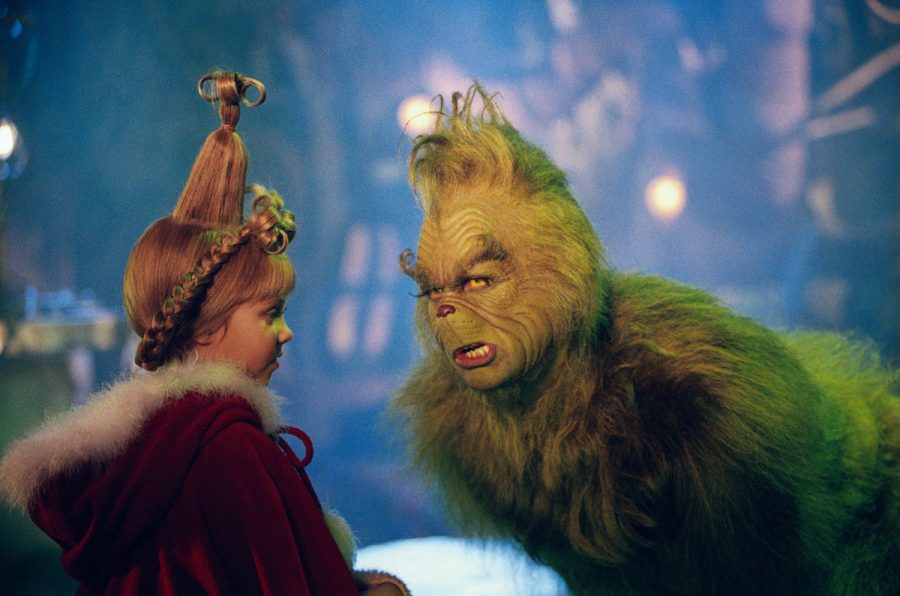Viewpoint: Happy Holidays…Or Not?
December 6, 2016
This time of year is often a favorite, sparking generosity and kindness throughout the giving season. However, a simple phrase like “happy holidays” can turn people off from that harmonious spirit. Personally, this has been a confusing phenomenon given the context of this being a season in which numerous celebrations occur across religions, spiritualties, and national holidays. In saying “happy holidays,” responses implying that I hate Christmas always threw me for a loop. As someone who was raised Catholic, I’m not serving a personal mission to desecrate Jesus’ birthday.
I have no problem saying “merry Christmas.” I just don’t use it as a blanket greeting in December. If I’m familiar with the person I’m talking to, and I know that they celebrate Christmas, of course I will wish them a merry Christmas. It’s not as if I hope they have a horrible time on December 25th. However, if I’m speaking to a stranger or an acquaintance, and I’m not sure if they even have a religious identity, why would I wish them a merry Christmas? The “happy holidays” alternative is simply a more inclusive term that covers non-secular celebrations like the winter solstice and New Years, or non-Christian holidays that fall around the same season like Hanukkah.
If this simple, well-intended phrase causes people to melt, there is no reason I should still be considered some liberal snowflake. If a generally positive greeting like “happy holidays” causes a “war on Christmas,” people are not allowed to complain about political correctness. If “happy holidays” still works to wish people well in their respective celebrations, why does it make people so upset? The answer is simple: change. The dominant culture is not considered the default, which upsets members of the dominant culture. Wishing people well in regards to other celebrations does not threaten or hinder Christmas. It simply means I’m acknowledging the statistically significant probability that not everyone around me may celebrate the same holidays that I do.
Finally, guess what? In saying “happy holidays,” I am including Christmas. Christmas is a holiday. I am essentially still wishing you a merry Christmas by using the phrase, if that happens to be your favorite winter holiday. The pushback against an alternative phrase ignores the point of the giving season altogether and, ironically, the values and customs that are associated with Christmas itself. The spirit of giving, valuing time spent with family and friends, and wishing people happiness are not exclusive to one holiday, so why would I express myself that way? Although I celebrate Christmas, I know that hoping for happiness to those celebrating Hanukkah, the winter solstice, New Years, or Kwanzaa will not diminish my own holiday spirit.






